
What is colon cancer? It is a disease that begins in the large intestine (colon), which is part of the digestive system. It often develops from small growths called polyps, which can turn into cancer over time.
Colon cancer treatment includes medical methods such as surgery, chemotherapy, radiation therapy, targeted therapy, or immunotherapy to remove or control cancer cells. The goal is to stop the spread of the disease, relieve symptoms, and improve survival rates.
Also called colorectal cancer (when the rectum is affected) or bowel cancer, this condition can be managed successfully, especially when found early. Advances in treatment now help many people live longer and with a better quality of life.
A common myth is that eating spicy food causes colon cancer, but there is no scientific evidence supporting this. Factors like genetics, a diet low in fibre, smoking, obesity, and a sedentary lifestyle play a much bigger role.
Doctors determine the best treatment plan based on:
With timely diagnosis and appropriate treatment, colon cancer can often be controlled effectively, giving patients a better chance of recovery.

Colon cancer treatment is essential to prevent the disease from spreading, relieve symptoms, and improve survival. Without proper care, it can affect the digestive system, block the intestine, and spread to distant organs.
Colon cancer develops when abnormal cells grow in the lining of the colon. This process is often linked to genetic mutations and certain lifestyle factors. Common causes include:
Colon cancer often shows no signs in the early stages. As the disease progresses, noticeable symptoms may appear:
These symptoms can occur in both men and women. However, symptoms of colon cancer in women are sometimes mistaken for menstrual or gynaecological issues, which may cause delays in diagnosis. It is important not to ignore any ongoing changes.
If these symptoms persist for more than a few weeks, consulting a doctor is recommended. Early detection significantly improves the chances of successful treatment.
Doctors recommend treatment when tests confirm colon cancer or symptoms become persistent. Common diagnostic methods include:
If you are unsure what to do if colon cancer occurs, the most important step is to see a cancer specialist immediately and begin medical evaluation without delay.
Actual diagnosis, staging, and treatment options may vary for each patient. Always consult a qualified oncologist for personalised medical advice and treatment planning.
There are several effective ways to prevent and survive colon cancer, especially when detected early through regular screenings and healthy lifestyle choices. Colon cancer is one of the most preventable types of cancer when risk factors are managed. Key prevention steps include:
Preventive measures may reduce the risk but cannot guarantee complete protection from colon cancer. Always consult your doctor for personalised screening recommendations and health guidance.
Early detection and prevention measures greatly improve the chances of successful treatment. Myheco connects you with leading hospitals for expert colon cancer care.
Many of the world’s most advanced hospitals provide specialised care for colon cancer. These centres offer specialised oncology teams, robotic surgery, advanced radiotherapy, and international patient services to ensure comprehensive treatment.
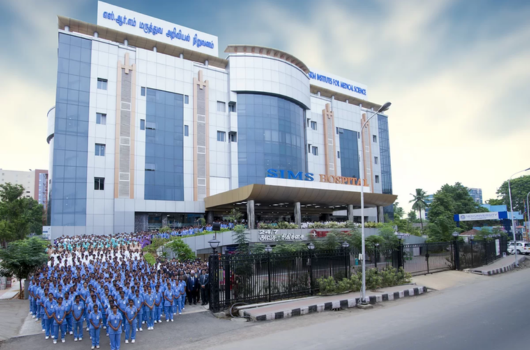
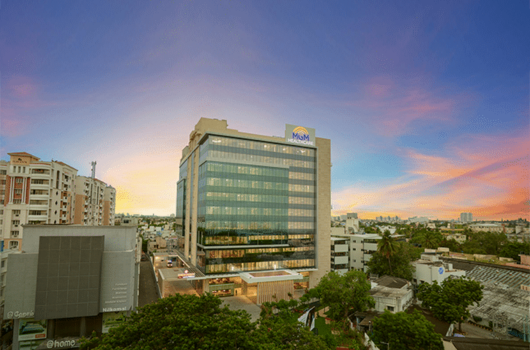
.png)

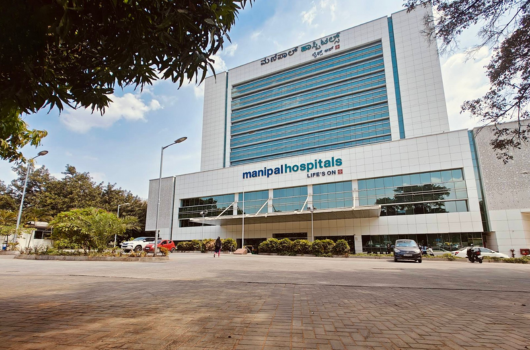
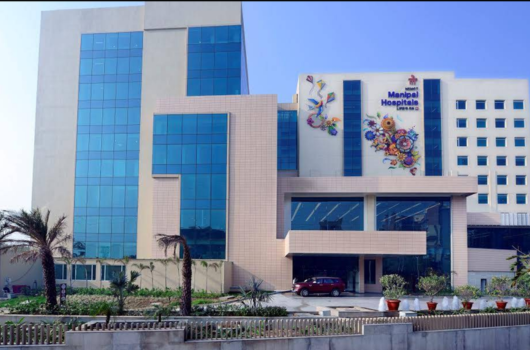
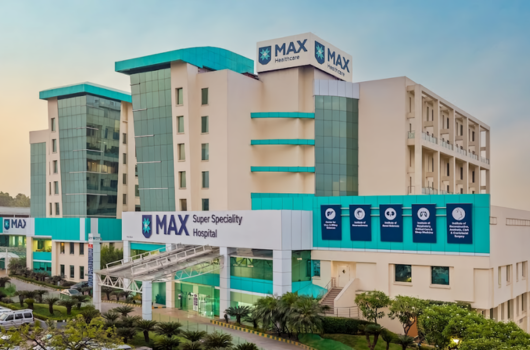
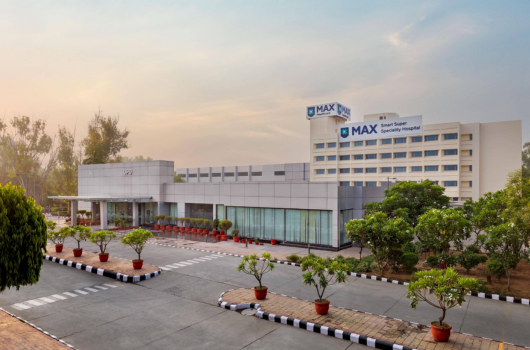
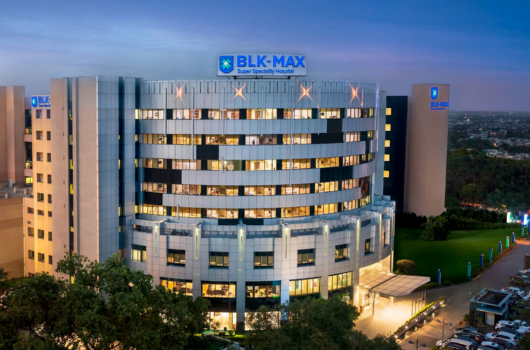
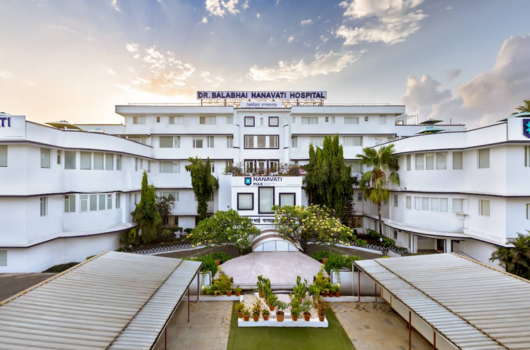
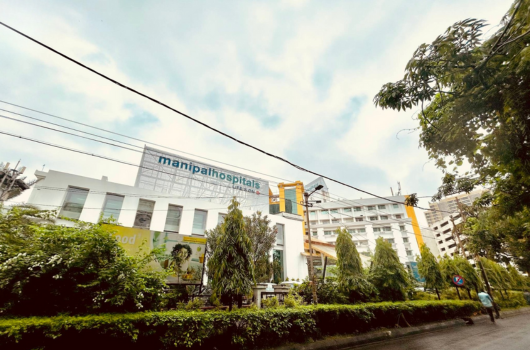
.png)

These hospitals follow international protocols for cancer treatment and are equipped to support global patients from initial consultation through surgery, therapy, and follow-up care.
The cost of colon cancer treatment usually ranges from $1,500 to $3,300 in India and from $2,100 to $4,600 in Thailand, depending on the treatment plan. The final expense depends on the treatment type, stage of disease, and hospital location. Before reviewing the detailed table of treatment costs, it is useful to understand the key factors that have the greatest impact on them.
Note: India has become a preferred destination for advanced cancer treatment, offering world-class care at a fraction of the international cost. Patients benefit from expert oncologists, modern medical technology, and affordable access to high-quality generic medicines, making treatment both effective and economical.
Note: Thailand has established itself as a premium destination for cancer treatment, offering world-class hospitals, advanced technology, and internationally trained oncologists. Patients choose Thailand not only for its high-quality medical care but also for its holistic approach, combining clinical excellence with exceptional comfort and service standards.
The above figures are approximate and can vary based on the hospital, location, and individual patient requirements. Always consult the healthcare provider for the most accurate and up-to-date pricing.
The currency conversion rates in the table above are based on data from February 2026.
For a detailed cost estimate and guidance on treatment options, patients can reach out to myheco to connect with leading hospitals specialising in cancer care.
Success in colon cancer treatment means the cancer is removed or controlled, and the patient can return to a normal or near-normal life.
Between 2014 and 2020, research showed that colon cancer survival rates vary by stage. Patients diagnosed at the localised stage, where cancer is limited to the colon, had a 5-year survival rate of 91%. When the cancer had spread to nearby areas (regional stage), the rate dropped to 74%. For those with distant metastasis, the survival rate was much lower at 13%. Overall, across all stages, the average 5-year relative survival rate was 63%. Early diagnosis greatly improves the chances of success (source).
In colon cancer treatment, success usually refers to:
Results depend on the stage at diagnosis, the patient’s overall health, and the treatment used.
Renowned hospitals focus on early diagnosis, personalised treatment plans, and multidisciplinary care for colon cancer patients. Their approach often includes:
This combination of cutting-edge technology, expert clinical teams, and coordinated care has contributed to improved outcomes and higher patient satisfaction for those undergoing colon cancer treatment.
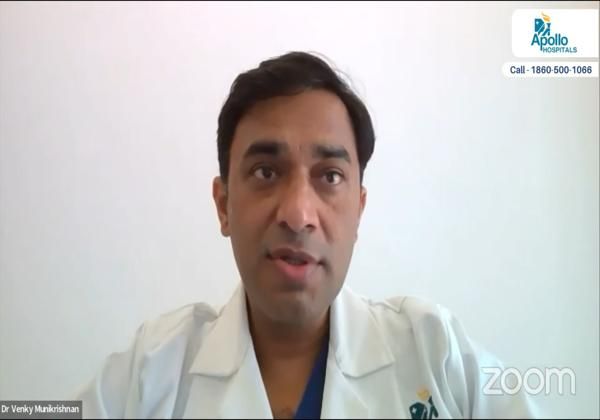
In a session on “Improving Cancer Treatment with Robotic Surgery”, Dr. Venkatesh Munikrishnan, Consultant Colorectal & Robotic Surgeon at Apollo Hospitals, Chennai, explained that robotic procedures often result in less blood loss and pain, along with faster recovery for patients. He added that compared with open surgery, hospital stays are shorter, patients return to normal activities sooner, and the overall cost is comparable to laparoscopic surgery.
Myheco simplifies the treatment journey for patients seeking colon cancer care worldwide. From expert consultations to travel coordination and transparent cost guidance, Myheco ensures patients receive reliable, efficient, and compassionate support every step of the way.
Choosing myheco means expert care, faster access, and comprehensive support throughout your treatment journey.
Note: Myheco does not provide medical advice.
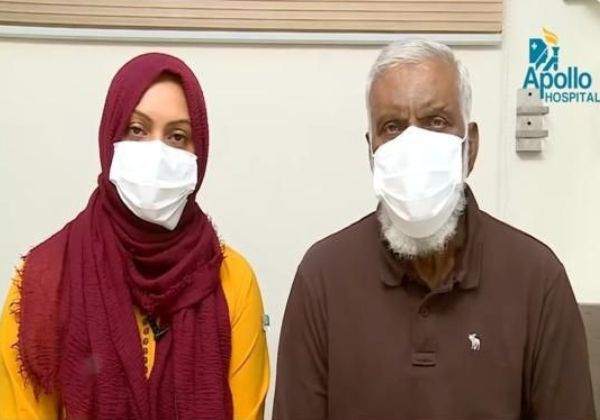
Mr. MD Aminul Haque, a 72-year-old patient from Bangladesh, was diagnosed with distal sigmoid cancer. He underwent a successful robotic anterior resection performed by Dr. Venkatesh Munikrishnan, Colorectal Surgeon at Apollo Institutes of Colorectal Surgery, Apollo Hospitals, Chennai. The tumour was completely removed, and Mr. Haque was discharged just four days after the advanced robotic surgery.
A 53-year-old man with colon cancer and bleeding per rectum had a critically low haemoglobin level of 4. He also had a recent heart attack, angioplasty (March 2022), and an ejection fraction of just 35%. Further tests revealed thyroid cancer, making his condition high-risk due to dual malignancy and cardiac issues. After thorough evaluation by cardiology and anaesthesia teams, he underwent Robotic Radical Right Hemicolectomy and conventional right Hemithyroidectomy at Apollo Proton Cancer Centre. The surgical oncologist shared that robotic surgery allowed faster recovery and less blood loss, leading to a successful outcome.
✅ Share your medical reports
✅ Receive personalised treatment plans from leading hospitals
✅ Choose the option that suits you best
✅ Let us handle the arrangements


Early symptoms may include changes in bowel habits, blood in stool, unexplained weight loss, and persistent abdominal pain. If these last more than two weeks, seek medical advice.
Colon cancer can be detected through stool tests, colonoscopy, scans, and biopsy. Early testing helps doctors find it before it spreads. Always consult a qualified doctor for proper screening, diagnosis, and personalised guidance.
Colon cancer is divided into four stages:
Only a qualified oncologist can accurately determine your cancer stage and guide treatment.
Most patients stay between 2 and 6 weeks, depending on whether they need surgery, chemotherapy, or follow-up care. Always follow the advice of your treating doctor or hospital for personalised timelines.
Yes. International patients generally require a medical visa. Myheco provides medical visa invitation letters to support your application.
Yes. Most hospitals allow one or two accompanying family members, who can apply for a medical attendant visa.
Myheco assists with doctor consultations before travel, treatment cost estimates, visa support, airport pickup, and ongoing coordination throughout your stay.
India has many leading hospitals that specialise in colon cancer care. In Chennai, top centres include SIMS Hospital, MGM Healthcare, Apollo Cancer Institute, and the Apollo Proton Cancer Centre. Bangalore’s Manipal Hospital Main Hospital Oncology is well known for gastrointestinal oncology. In Delhi, Manipal Hospital Dwarka, Max Hospital Saket, and BLK-Max Hospital offer advanced treatments such as minimally invasive surgery and immunotherapy. Mumbai’s Nanavati Max Hospital and Kolkata’s Manipal Hospitals EM Bypass (Medica Synergie Cancer Hospital) are also recognised for expert colon cancer treatment.
Samitivej Sukhumvit Hospital and Samitivej Srinakarin Hospital are the leading options for colon cancer treatment in Thailand. It provides advanced diagnostic services, minimally invasive surgery, targeted therapy, and precision radiation with a patient-focused approach.

